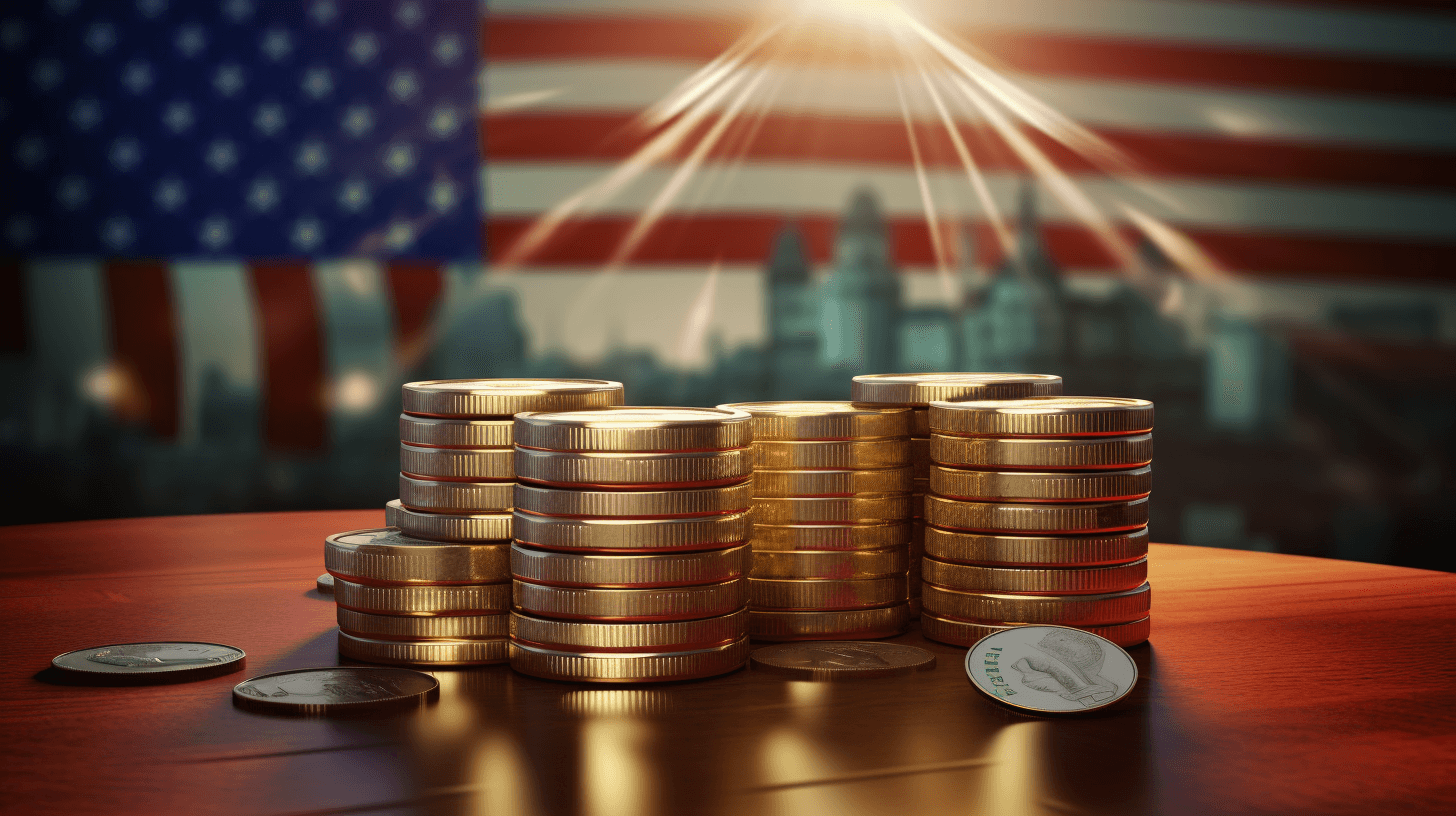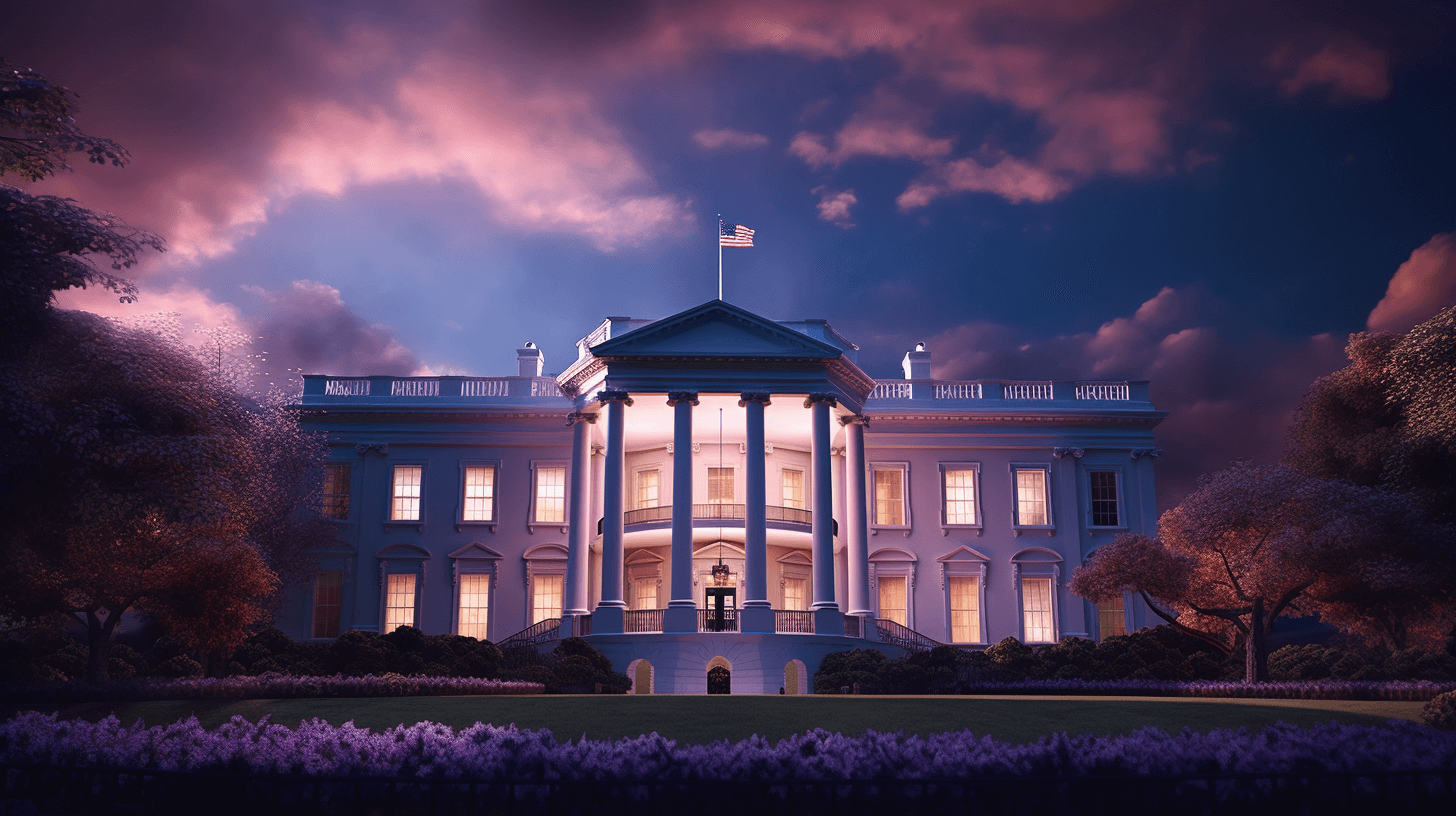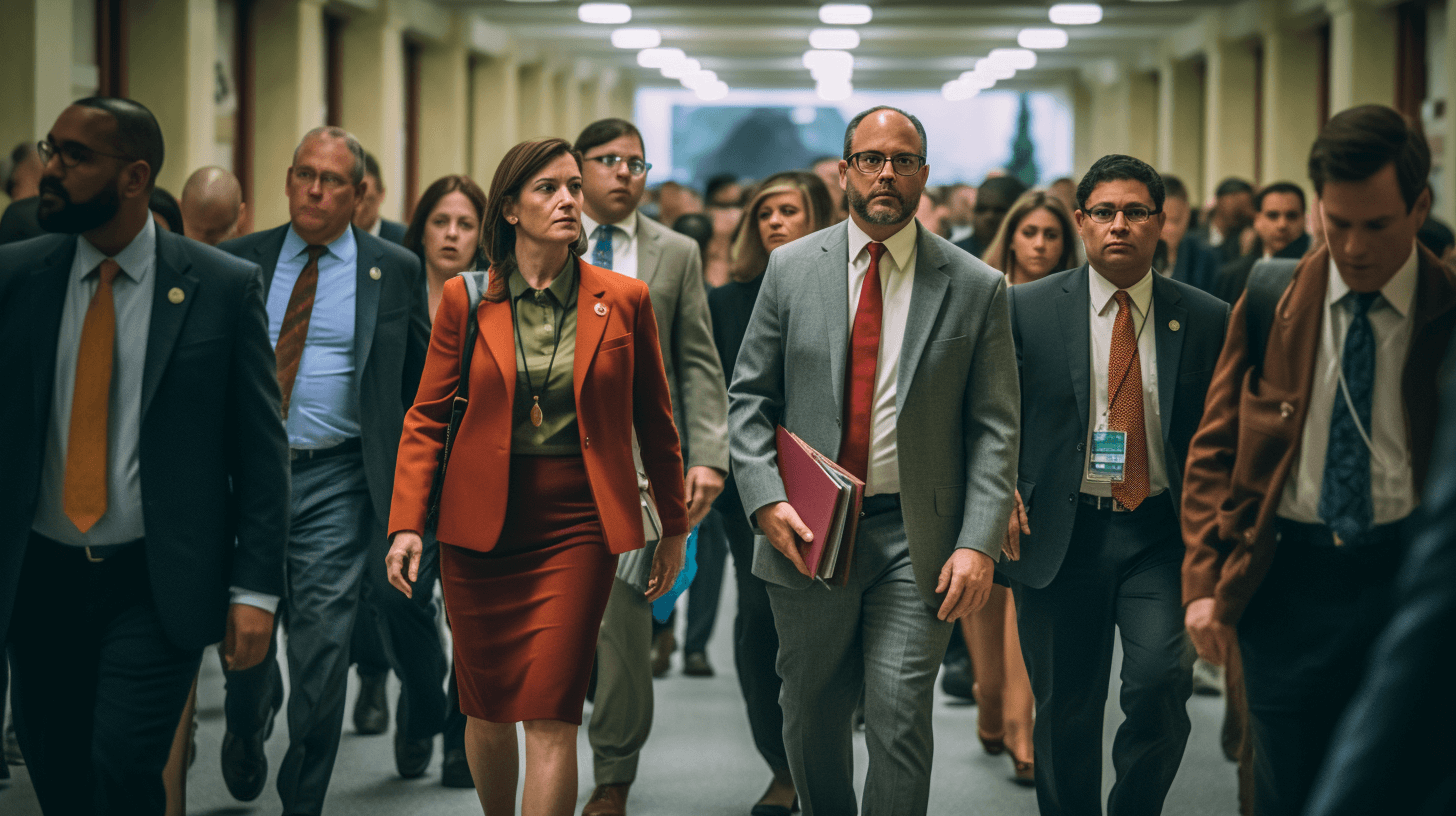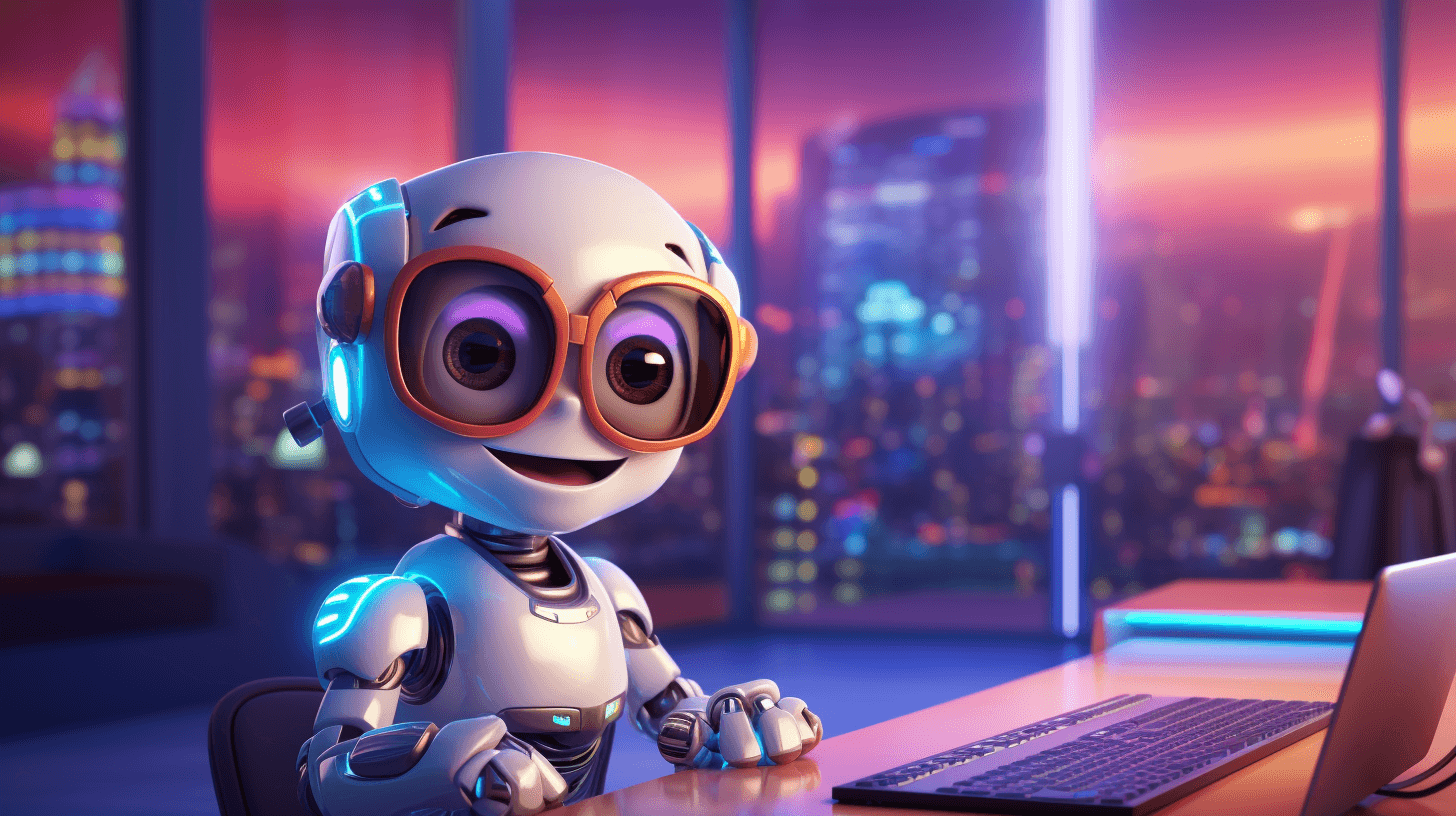🔒🌐 Ho Brah! No More Limits on Top Internet Protection Shield, Supreme Court Say!
Ho, da big kine Supreme Court wen make one double shaka🤙 decision dis past Thursday. First off, dey wen sidestep one try fo’ cut down da size of da big internet protection shield, wea people can post whatevah dey like, no worries. Den, dey wen also say dat da kine law wea people can sue if you help da terrorists, no can apply to da everyday actions of da social media companies. Double win fo’ da tech platforms!💻🎉
Da Supreme Court wen look at two cases, but wen make one unanimous decision fo’ da case wea Twitter wen take on Taamneh. In doing dis, da court wen manage to duck out from da hard kine questions ’bout how far Section 230, one part of da Communications Decency Act from 1996, can go.🦆🏛️
Anodah case, Gonzalez against Google, wen deal with dis internet liability shield. Da Supreme Court wen say dey no going “talk stink” about Section 230 in relation to one complaint dat seems to get not much chance fo’ relief. Dey wen send da case back to da appeals court fo’ check out da plaintiff’s complaint, using da Twitter decision as da guide.🔁🗂️
In da Twitter case, get one braddah, Nawras Alassaf, who wen die during one terrorist attack in Istanbul in 2017. Da kine ISIS wen say, “Dat was us.” His ohana wen try sue Twitter, Google, and Facebook, sayin’ dey wen let ISIS use dea platforms fo’ recruit and train terrorists.🏴☠️🌐
Da Supreme Court, with Justice Clarence Thomas leading da pack, wen say da ohana’s claims no can show dat dese defendants wen help ISIS carry out da attack. He wen write dat dese companies all send out big kine amounts of content. Every minute of da day, get like 500 hours of video going on YouTube, 510,000 comments going on Facebook, and 347,000 tweets flying out on Twitter. Dass a lot, brah!📈💬
Justice Thomas wen acknowledge dat dea algorithms drive users to da kine content dey interested in. Like, if you watch cooking shows on YouTube, you going get more videos about cooking and ads for cookbooks. But, he wen add, no all da content on dese platforms is all good. Fo’ example, ISIS wen post videos dat wen fundraise for weapons and show all kine bad stuff.🔪🎥
But da Justice wen say dat dese platforms no removing da bad kine content not enough for say dey helping and abetting. Da plaintiffs wen need for show dey “gave such knowing and substantial assistance to ISIS dat they culpably participated in da Reina attack.” But dey couldn’t show dat, Justice Thomas wen write. Da algorithms no change anything.💻🔄
Justice Thomas wen say dat one different ruling would make da platforms possibly liable fo’ all da kine ISIS terrorist acts all ova da world. He also wen point out dat dis decision allow da justices for sidestep ruling on da scope of Section 230, one law from 1996 wea da internet was just one small kid. Dis law wen help make da big social networks like Facebook and Twitter what dey are today, ’cause dey no need for worry about legal trouble every time somebody tweet, post, or comment. 🌍
So, da Gonzalez ohana wen bring da case against Google. Their daughter, Nohemi, one 23-year-old college student, wen get killed during da terrorist attacks in Paris back in 2015. Da family’s lawyers wen say YouTube, which is owned by Google, wen use their algorithms fo’ push ISIS videos to people who might be interested.😥📹
Da Section 230 law been around since 1996, wen da internet still small kid time. Da law wen say, “No provider or user of an interactive computer service shall be treated as da publisher or speaker of any information provided by another information content provider.” Ho, dass one mouthful, yeah? Basically, da law wen protect da tech companies from kine legal troubles if users wen post something bad. But now get plenny people saying da law might be protecting da tech companies too much.😲⚖️
Get all kine lawmakers, academics, and activists from both da Democratic and Republican parties who starting fo’ look at Section 230 sideways. Dey saying, if da tech companies using their algorithms for recommend content, target ads, or introduce new connections, den maybe dey should lose their protection. But mostly, da judges no like dis kine reasoning.👨⚖️👩⚖️
Plenny members of Congress wen also say maybe need for change da law. But da political realities make um hard fo’ dese proposals fo’ get anywhere. Da Republicans, dey mad ’cause da tech companies taking down posts by conservative politicians and publishers. Dey want da platforms fo’ take down less stuff. Da Democrats want da platforms fo’ take down more, like da false info about Covid-19.🔀📢
Google’s big kahuna lawyer, Halimah DeLaine Prado, wen like da court’s decision, or rather, da court’s no decision, in da Gonzalez case. She wen say, “Companies, scholars, content creators and civil society organizations who joined with us in this case will be reassured by this result,” and dass all she wrote. But das fo’ sure, da conversation ’bout Section 230 and internet liability no going end here. Da times, dey always changing, yeah? So, we see how everything going play out.🔮💡
So, brah, das da whole scoop from da Supreme Court. Looks like da big tech companies can rest easy for now. But who knows what da future going bring? Stay tuned fo’ da next episode in da big internet drama, cuz! Aloha for now! 🌺🤙
NOW IN ENGLISH
🔒🌐 Supreme Court Declares: No Limitations on Internet Protection Shield!
In a remarkable turn of events this past Thursday, the Supreme Court made two significant decisions. Firstly, they avoided an attempt to limit the internet protection shield, a mechanism which allows users to post without fear of repercussions. Furthermore, they ruled that the law permitting lawsuits for assisting terrorism doesn’t apply to the daily operations of social media companies. These decisions marked a double victory for tech platforms! 💻🎉
The Supreme Court examined two cases but made a unanimous ruling in the case where Twitter was up against Taamneh. By doing so, they cleverly sidestepped challenging questions about the extent of Section 230, a component of the Communications Decency Act from 1996. 🦆🏛️
The second case, Gonzalez versus Google, involved the internet liability shield. The Supreme Court decided not to criticize Section 230 in relation to a complaint that seemed to have a slim chance for relief. They redirected the case back to the appeals court to examine the plaintiff’s complaint, using the Twitter ruling as guidance. 🔁🗂️
The Twitter case revolved around a man named Nawras Alassaf, who was killed during a terrorist attack in Istanbul in 2017. ISIS took responsibility for this attack. His family attempted to sue Twitter, Google, and Facebook, claiming that these platforms allowed ISIS to recruit and train terrorists on their networks. 🏴☠️🌐
The Supreme Court, led by Justice Clarence Thomas, concluded that the family’s allegations were not sufficient to prove that these defendants assisted ISIS in carrying out the attack. He stated that these platforms disseminate a vast amount of content. Every minute of the day, approximately 500 hours of video are uploaded to YouTube, 510,000 comments are made on Facebook, and 347,000 tweets are posted on Twitter.📈💬
Justice Thomas admitted that their algorithms guide users to content that interests them. For instance, if you watch cooking shows on YouTube, you’ll see more cooking videos and advertisements for cookbooks. However, he added, not all content on these platforms is harmless. In particular, ISIS posted videos that raised funds for weapons and displayed disturbing content. 🔪🎥
Justice Thomas argued that the platforms’ failure to remove this harmful content was insufficient to establish liability for aiding and abetting. The plaintiffs needed to show that they “gave such knowing and substantial assistance to ISIS that they culpably participated in the Reina attack.” But they couldn’t prove this, Justice Thomas wrote. The algorithms didn’t change the situation. 💻🔄
Justice Thomas suggested that a different ruling would expose the platforms to potential liability for all of ISIS’s terrorist acts worldwide. He also pointed out that this decision allowed the justices to avoid ruling on the scope of Section 230, a law from 1996 when the internet was in its infancy. This law facilitated the growth of massive social networks like Facebook and Twitter because it reduced their legal risks associated with every tweet, post, or comment. 🌍
The Gonzalez family brought the case against Google. Their daughter, Nohemi, a 23-year-old college student, was killed during the terrorist attacks in Paris back in 2015. The family’s lawyers claimed that YouTube, which is owned by Google, used their algorithms to push ISIS videos to potential viewers. 😥📹
Section 230 has been in existence since 1996, when the internet was still in its early stages. This law protects tech companies from legal issues if users post harmful content. But now, many people believe that the law might be protecting tech companies too much. 😲⚖
Lawmakers, academics, and activists from both Democratic and Republican parties have started scrutinizing Section 230. They argue that if tech companies use their algorithms to recommend content, target ads, or foster new connections, they might forfeit their protections. However, this reasoning hasn’t found much favor in court. 👨⚖️👩⚖️
Many members of Congress have also suggested amending the law. But political realities make these proposals difficult to advance. Republicans are upset because tech companies remove posts by conservative politicians and publishers. They want platforms to moderate less. Democrats, on the other hand, want platforms to moderate more, especially misinformation about Covid-19. 🔀📢
Google’s head lawyer, Halimah DeLaine Prado, was pleased with the court’s non-decision in the Gonzalez case. She stated, “Companies, scholars, content creators and civil society organizations who joined with us in this case will be reassured by this result,” indicating that the discourse on Section 230 and internet liability is far from over. Changing times might lead to evolving attitudes towards these issues. 🔮💡
So that’s the latest from the Supreme Court. The big tech companies can breathe a sigh of relief, at least for now. The future, however, remains uncertain. Stay tuned for the next episode in this ongoing internet drama. Goodbye for now! 🌺🤙







